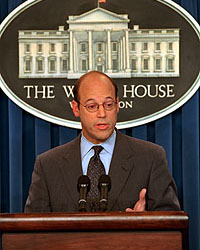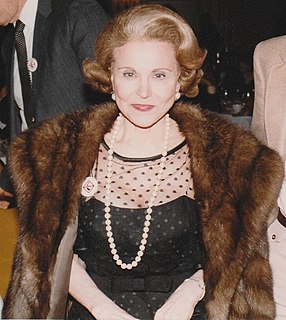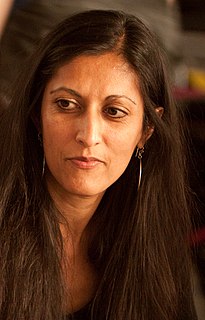A Quote by Diane Garnick
In some instances, alimony has become akin to a social-welfare program provided by working women to their ex-husbands.
Related Quotes
The best place to have some food set aside is within our homes, together with a little money in savings. The best welfare program is our own welfare program. Five or six cans of wheat in the home are better than a bushel in the welfare granary. ... We can begin with a one week's food supply and gradually build it to a month, and then to three months. I am speaking now of food to cover basic needs.
How will the family unit be destroyed? ...[T]he demand alone will throw the whole ideology of the family into question, so that women can begin establishing a community of work with each other and we can fight collectively. Women will feel freer to leave their husbands and become economically independent, either through a job or welfare.
Hillary Clinton said that white women did not vote for her because their husbands told them not to. You remember that? And we all said, "Wait a minute. What happened to feminism? Who are all of these docile women who are only doing what their husbands and boyfriends tell 'em to do?" But Hillary said that. White women didn't vote for her because their husbands didn't like Hillary and their husbands are telling them.
In some instances even certain social services that normally were supplied, or pre-empted by the state. Take the United States, the [Ronald] Reagan administration is withdrawing assistance, all kinds of welfare programs, and if people don't improvise their own resources to cope with problems of the ageing, problems of the sick, problems of the young, problems of the poor, problems of tenant rights, who will?
The welfare state corrupts family life. Even Democrats have acknowledged the destructive consequences of the welfare state on the underclass. It has rendered vast numbers of male unnecessary to females, who have looked to the state to support them and their children (and the more children, the more state support) rather than to husbands. In effect, these women took the state as their husband.
Thus we seem to be on the verge of an expansion of welfare economics into something like a social science of ethics and politics: what was intended to be a mere porch to ethics is either the whole house or nothing at all. In so laying down its life welfare economics may be able to contribute some of its insights and analytical methods to a much broader evaluative analysis of the whole social process.



































